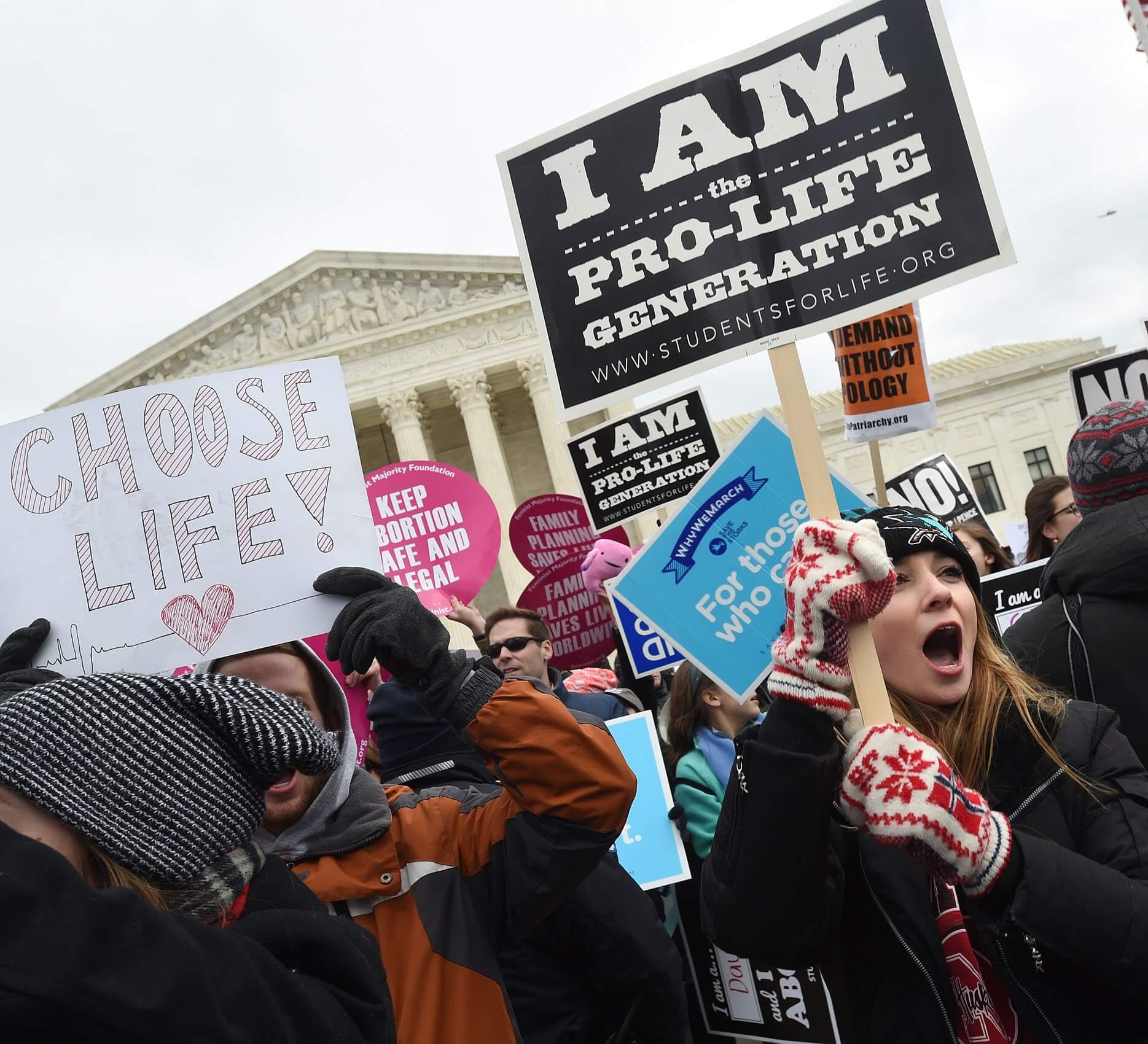
‘Together Strong: Life Unites’ is theme of March for Life set for Jan. 29
The Sept. 10 announcement of the theme for the March for Life — “Together Strong: Life Unites” — made it clear the annual national event, in some form, will proceed next Jan. 29.
But details of how the march, rally and pro-life conference, which together have drawn as many as 100,000 participants in past years, will cope with COVID-19 self-quarantine restrictions in the District of Columbia were not part of the announcement.
Asked on EWTN’s “Pro-Life Weekly” program that evening about whether people should start making plans, Jeanne Mancini, president of the March for Life Education and Defense Fund, said: “You know, everybody has to make that decision on their own. You know, considering their own situations, et cetera.”
She added, “But I certainly would be (making plans), and I obviously will be there this year. I think that standing for life and standing for inherent human dignity of every life from conception to natural death is all the more important this year when there is so much unrest, so much division in our country. We need to show that we are stronger together and that love and life unite us. They make us stronger.”
In July, Mancini had said “we will continue to discern throughout this year what steps should be taken,” regarding pandemic restrictions.
Social distancing and masks aren’t the issue. Washington health authorities require a 14-day self-quarantine for visitors “participating in non-essential travel” from high-risk areas. The quarantine is adjusted every two weeks, and as of Sept. 8, was extended to visitors from 30 states.
That’s a particular obstacle for the many high school and college groups who arrive on long-distance bus rides which have, over the decades, become the pulse of the event.
“If D.C. is still requiring a two-week quarantine for out-of-state travelers, I don’t see a way for us to attend,” said Ed Konieczka, assistant director of university ministry at the University of Mary in Bismarck, North Dakota. “We are taking care of the details that we can, and recognizing which things are out of our control.”
The alternative to a Washington trip, Konieczka said, will be a rally that day in Bismarck. “We have been approached by the Diocese of Bismarck with a request to coordinate efforts to have the biggest March for Life event ever at our state capital. We have a shared vision for a large event, where any of our students unable to travel to D.C. will join with members of the Diocese.”
Planners of state marches face the same uncertainty. “Right now with COVID and the restrictions, we are playing it by ear in Chicago,” said Denise Zabor, office manager for Illinois Right to Life.
March for Life has taken place in Washington every January since 1974. It’s always held on a date near the anniversary of the Supreme Court’s 1973 rulings, Roe v. Wade and Doe v. Bolton, which legalized abortion on demand.
“I believe it’s the rallying point for all of pro-life America,” said Dave Bereit, the founder of 40 Days for Life, who co-hosted the theme announcement with Mancini.
— Kurt Jensen

